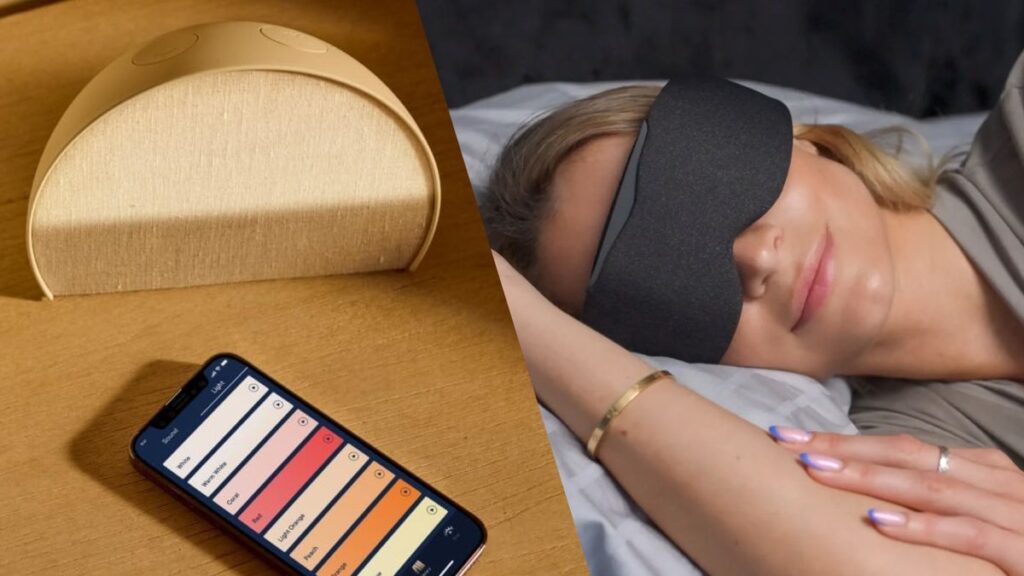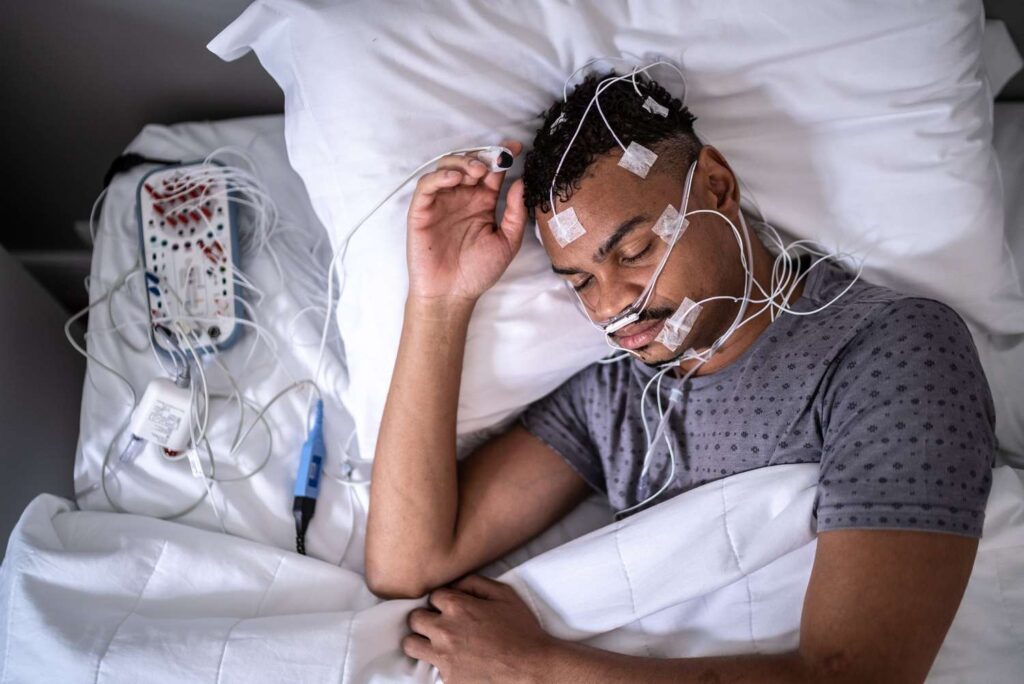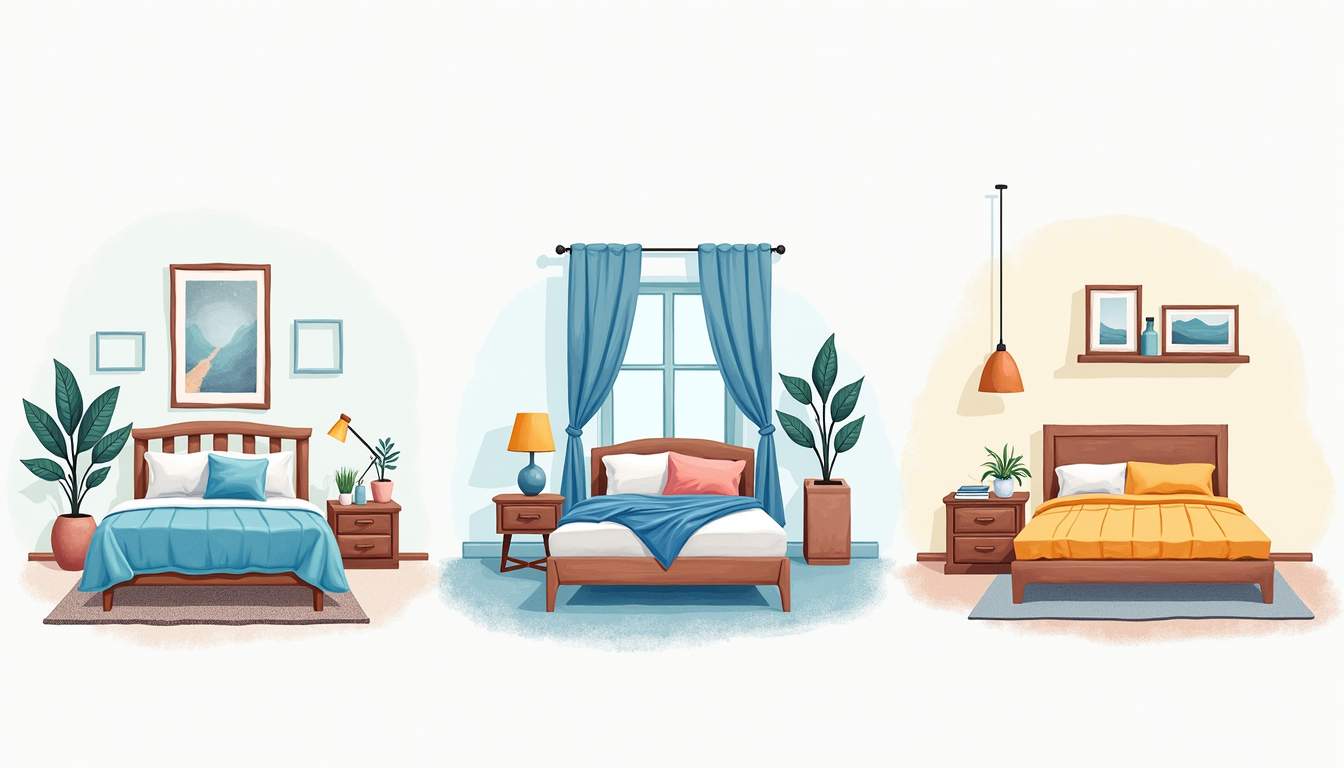In today’s fast-paced world, busy individuals often neglect an essential component of their overall well-being: sleep. Many struggle to find the time to visit a sleep clinic for diagnosis and treatment of sleep disorders. Fortunately, home sleep tests have emerged as an effective and convenient solution. This article explores the significance of sleep, how home sleep tests work, their benefits, and what steps to take after receiving results.
Understanding the Importance of Sleep for Busy Individuals
Sleep is a critical aspect of our health that influences various bodily functions and overall well-being. For busy individuals, understanding the importance of sleep is pivotal to enhancing productivity and quality of life.
In conclusion, home sleep test Australia present a revolutionary way for busy individuals in Australia to prioritize their sleep health without the burden of inconvenient clinic visits. Embracing this innovative solution can lead to profound differences in life quality and productivity.
The Connection Between Sleep and Productivity
Quality sleep directly impacts cognitive functions, emotional stability, and productivity levels. When we sleep well, we’re less prone to irritability and fatigue, allowing us to perform tasks more efficiently. Good sleep fosters creativity and problem-solving abilities, essential attributes for success in today’s competitive environment.
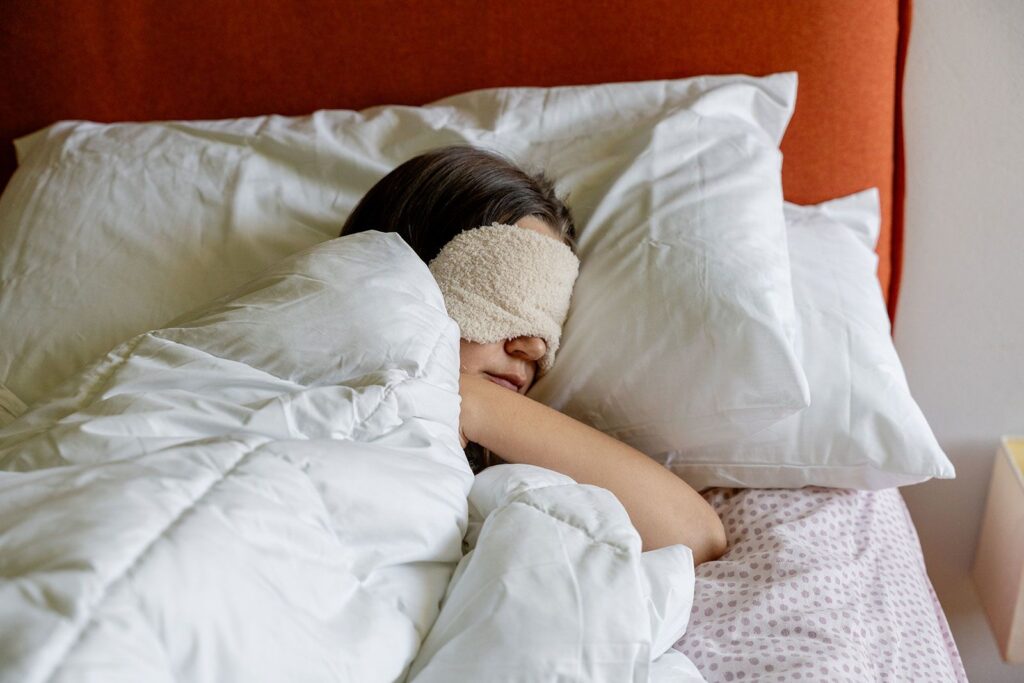
On the contrary, a lack of sleep diminishes focus and increases the likelihood of errors, affecting work output and relationships. Therefore, making sleep a priority can significantly enhance overall productivity. Moreover, the benefits of adequate sleep extend beyond immediate work performance; they also contribute to long-term career growth. Individuals who consistently prioritize their sleep often find themselves more resilient to stress and better equipped to handle unexpected challenges, allowing them to seize opportunities that may arise in their professional lives.
Health Risks Associated with Sleep Deprivation
Sustained sleep deprivation poses serious health risks, including obesity, cardiovascular diseases, and weakened immune response. Additionally, chronic lack of sleep can lead to mental health issues such as anxiety and depression. Busy individuals, already juggling multiple responsibilities, intentionally relegating sleep may compound these risks, leading to a downward health spiral.
Thus, understanding and prioritizing sleep is essential for maintaining both mental and physical health, especially for those whose demanding schedules often compromise their rest. Furthermore, the impact of sleep deprivation can extend to social relationships, as fatigue can lead to social withdrawal and decreased engagement with friends and family. This isolation can further exacerbate feelings of loneliness and stress, creating a vicious cycle that is difficult to break. By recognizing the interconnectedness of sleep, health, and social well-being, busy individuals can take proactive steps to ensure they are not only productive but also emotionally fulfilled and connected to their support systems.
The Concept of Home Sleep Test
The advent of home sleep testing has revolutionized the way we approach diagnosing sleep disorders. This innovative method allows individuals to assess their sleep conditions without the need for an overnight stay in a sleep clinic.
What is a Home Sleep Test?
A home sleep test (HST) is a simplified version of the standard sleep study conducted in a laboratory. It typically involves the use of portable monitoring devices that record essential sleep metrics such as breathing patterns, heart rate, and oxygen levels while the individual sleeps. This method enriches our understanding of sleep disorders while minimizing inconvenient hospital visits. Read more about heart rate on https://www.health.harvard.edu/heart-health/what-your-heart-rate-is-telling-you
HSTs are particularly beneficial for diagnosing conditions like sleep apnea, which may not require extensive in-clinic study for initial identification. These tests empower patients to take charge of their health by providing them with valuable insights into their sleep patterns. Moreover, the data gathered can also help identify other sleep-related issues, such as insomnia or periodic limb movement disorder, offering a more comprehensive view of an individual’s sleep health.
How Does a Home Sleep Test Work?
To conduct a home sleep test, individuals are usually provided with a portable monitoring device that they can take home. The device is equipped with sensors that are placed on specific parts of the body, such as the chest, finger, or forehead. Once the setup is complete, users simply go to sleep as they normally would.
After the test, the recorded data is analyzed by a qualified sleep specialist to determine any sleep disorders present, leading to relevant treatment options based on the findings. The simplicity and convenience of this process appeal to busy individuals seeking effective solutions without immense time commitment. Additionally, many devices now come with user-friendly interfaces and mobile apps, allowing patients to track their sleep metrics in real-time and gain immediate feedback on their sleep quality. This integration of technology not only enhances the testing experience but also fosters a proactive approach to managing sleep health.
The Benefits of Home Sleep Test in Australia
Home sleep tests offer several advantages, especially for individuals with demanding schedules. These benefits emphasize its practicality and effectiveness in identifying sleep-related issues.
Convenience and Comfort in Your Own Home
One of the primary benefits of a home sleep test is the comfort of conducting the test in a familiar environment. Unlike traditional sleep studies, which often come with the discomfort of hospital beds and sleep labs, HST allows individuals to rest in their own beds, promoting natural sleep patterns.
This added comfort not only enhances the quality of the sleep test but also alleviates anxiety associated with clinical environments, making it an ideal choice for busy professionals seeking effective solutions for their sleep issues. Additionally, the ability to use personal bedding and pillows can lead to a more accurate representation of one’s sleep habits, as many people sleep better in their own surroundings, free from the stress of an unfamiliar setting. Click here to read more about stress .
Saving Time and Resources
Home sleep tests require minimal time commitment. Instead of taking time off work for a clinical visit, users can simply take the test at their convenience, often on a weekend or during a period of lighter workload.
Moreover, this solution is often more cost-effective than traditional sleep studies, which typically involve numerous consultations and procedures. The ability to save both time and money makes home sleep tests a favorable option for busy individuals in Australia. Furthermore, the streamlined process of home testing can lead to quicker diagnosis and treatment plans, allowing individuals to address their sleep issues sooner rather than later. This efficiency is particularly beneficial in a fast-paced society where health concerns are often sidelined due to other obligations.
Choosing the Right Home Sleep Test Provider
While home sleep tests are advantageous, it’s crucial to choose a reputable provider to ensure accurate diagnosis and reliable results. Various factors should be considered in this decision-making process.
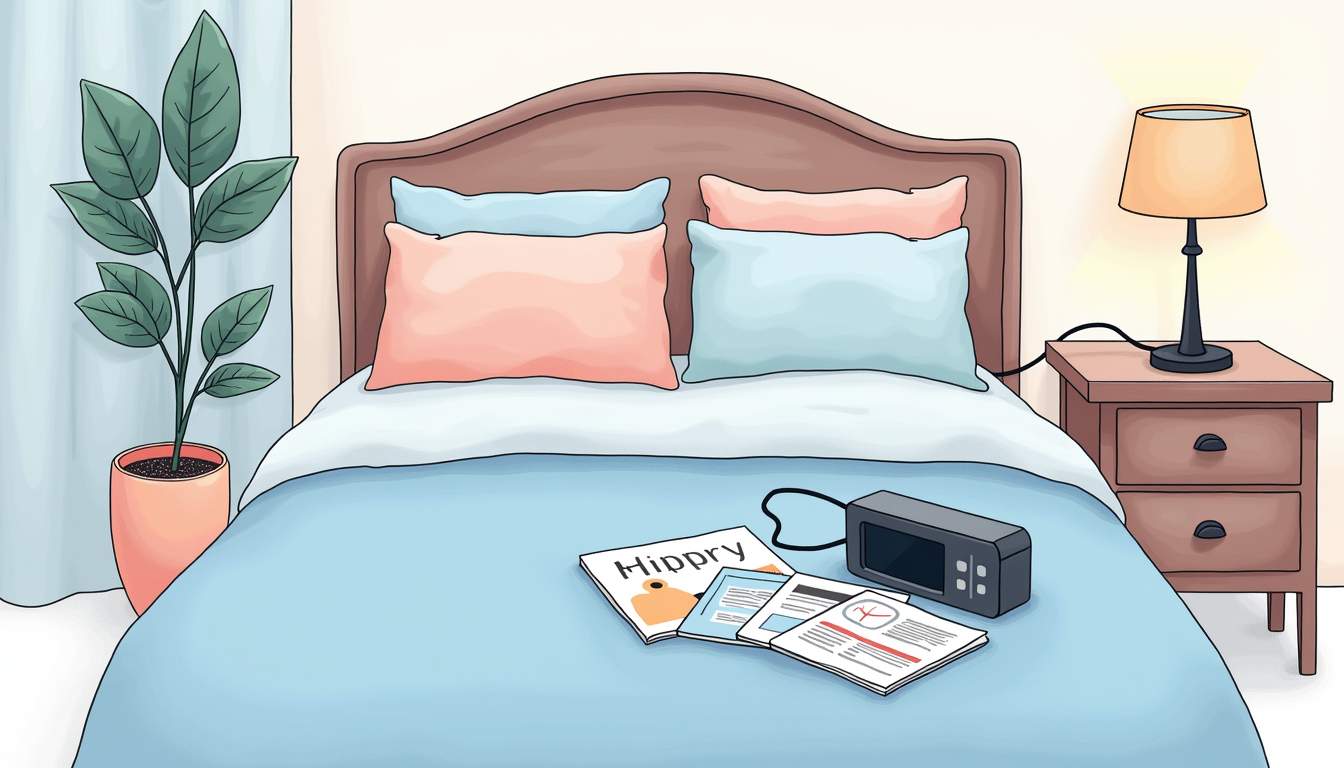
Factors to Consider When Selecting a Provider
- Accreditation: Ensure the provider is accredited and recognized by relevant health organizations.
- Reviews and Testimonials: Look for feedback from previous clients to gauge the effectiveness of their services.
- Customer Support: Assess the level of support provided before, during, and after the sleep test.
These factors contribute to a seamless experience and enhance the likelihood of receiving actionable insights regarding sleep health. Additionally, consider the technology used by the provider. Advanced devices may offer more comprehensive data, such as heart rate variability and oxygen saturation levels, which can be crucial for diagnosing specific sleep disorders. It’s also beneficial to inquire about the provider’s experience with various sleep conditions, as this can influence the quality of care and the interpretation of results.
Understanding the Accuracy and Reliability of Tests
It is vital to understand that while home sleep tests can provide valuable information, they may not always replace the depth of data collected in a comprehensive lab study. Before opting for an HST, discuss with healthcare professionals the accuracy of results and possible limitations. Home tests are generally effective for diagnosing obstructive sleep apnea but may not capture other conditions like central sleep apnea or complex sleep disorders.
In most cases, a timely follow-up with a sleep specialist is recommended to thoroughly interpret the findings and determine the best course of action. This follow-up can include a review of lifestyle factors, such as diet and exercise, which may impact sleep quality. Engaging in a holistic approach that encompasses both the results of the home sleep test and lifestyle modifications can lead to more effective management of sleep-related issues, ultimately improving overall health and well-being.
Steps to Take After Receiving Your Home Sleep Test Results
Once you receive your home sleep test results, knowing how to interpret them is imperative for effective management of sleep health. This stage can have significant implications for your overall well-being and quality of life.
Interpreting Your Sleep Test Results
The results of your home sleep test can reveal key insights into your sleep patterns, including any disturbances you may be experiencing. It is crucial to consult with a sleep specialist who can clarify the findings.
Understanding these results is vital for determining the next steps, whether it involves lifestyle changes or medical interventions. Your specialist will guide you on how to implement necessary changes or whether further testing is required.
Seeking Professional Help for Sleep Disorders
If your home sleep test indicates potential sleep disorders, pursuing professional help is essential. Sleep specialists can assist in developing a comprehensive treatment plan tailored to your needs, which may involve lifestyle modifications, cognitive behavioral therapy, or, in some cases, medical treatments.
Addressing sleep disorders promptly not only enhances sleep quality but can also lead to significant improvements in overall health, productivity, and quality of life. Do not underestimate the importance of seeking professional guidance to navigate these challenges effectively.

